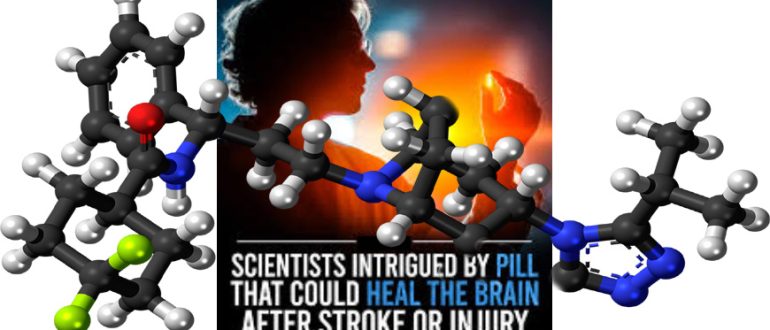M (a well-known HIV drug) is an FDA-approved HIV medication, a C-C chemokine receptor type 5 (CCR5) antagonist, now being investigated for its potential to improve recovery in stroke patients. A body of preclinical research and observational studies suggests that blocking the CCR5 receptor can augment neuroplasticity, potentially enhancing functional and cognitive outcomes following a stroke. This avenue of research is particularly hopeful as it explores repurposing an existing drug with a known safety profile for a new and critical application.
Several clinical trials are currently exploring the potential of M in stroke recovery. For instance, the Canadian M Randomised Controlled Trial to Augment Rehabilitation Outcomes After Stroke (CAMAROS) is a Phase II, placebo-controlled trial evaluating the efficacy of combining M with exercise rehabilitation. The trial involves 120 participants and measures motor and cognitive function. This approach is based on animal studies showing that blocking CCR5 can enhance motor recovery and improve learning deficits after a brain injury.
Another Phase II trial focuses on preventing post-stroke cognitive impairment (PSCI) and progression to vascular dementia. Additionally, an open-label, proof-of-concept study has demonstrated the potential for M to improve post-stroke depression (PSD) symptoms.
The rationale behind these trials is compelling and grounded in basic science. A naturally occurring mutation that inactivates the CCR5 receptor (CCR5-$\Delta$32) is associated with better recovery outcomes in stroke survivors. This observation suggests that CCR5 activity can impede recovery, and therefore, blocking it with a drug like M could be therapeutically beneficial.
By inhibiting CCR5, the drug appears to promote synaptic plasticity, allowing the brain to better reorganise and repair itself after an injury. The current clinical trials, by rigorously testing these hypotheses, offer significant hope that M could one day become a valuable tool in the stroke recovery arsenal. If successful, this research could lead to the first pharmacological treatment specifically designed to enhance recovery for stroke patients..



